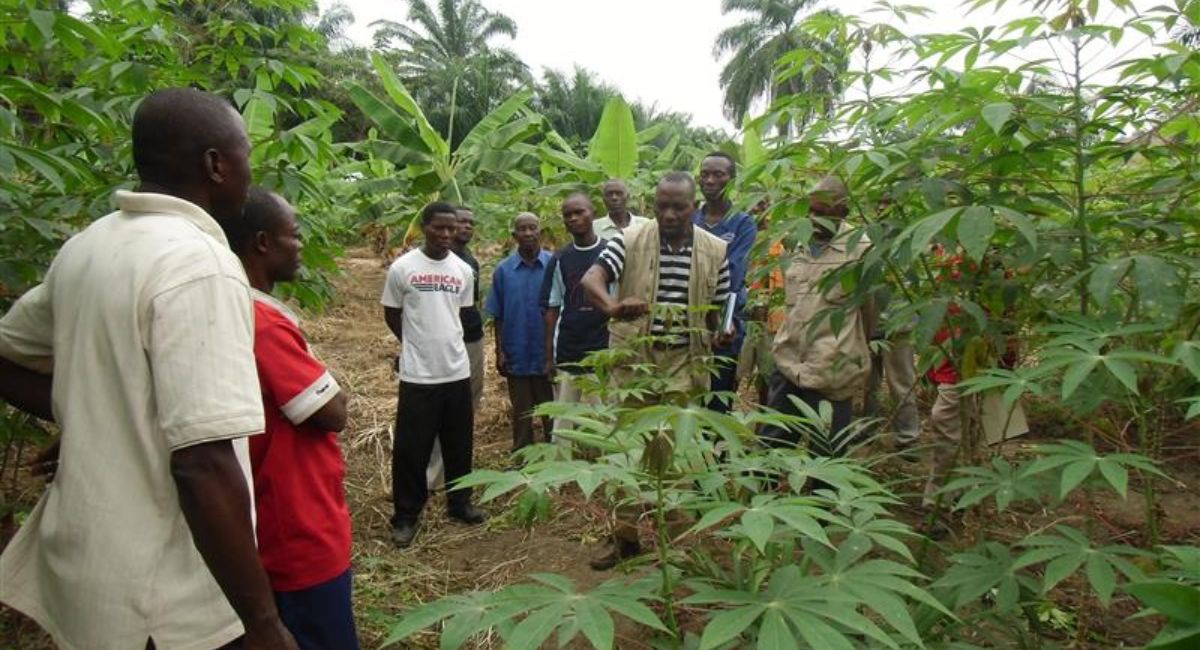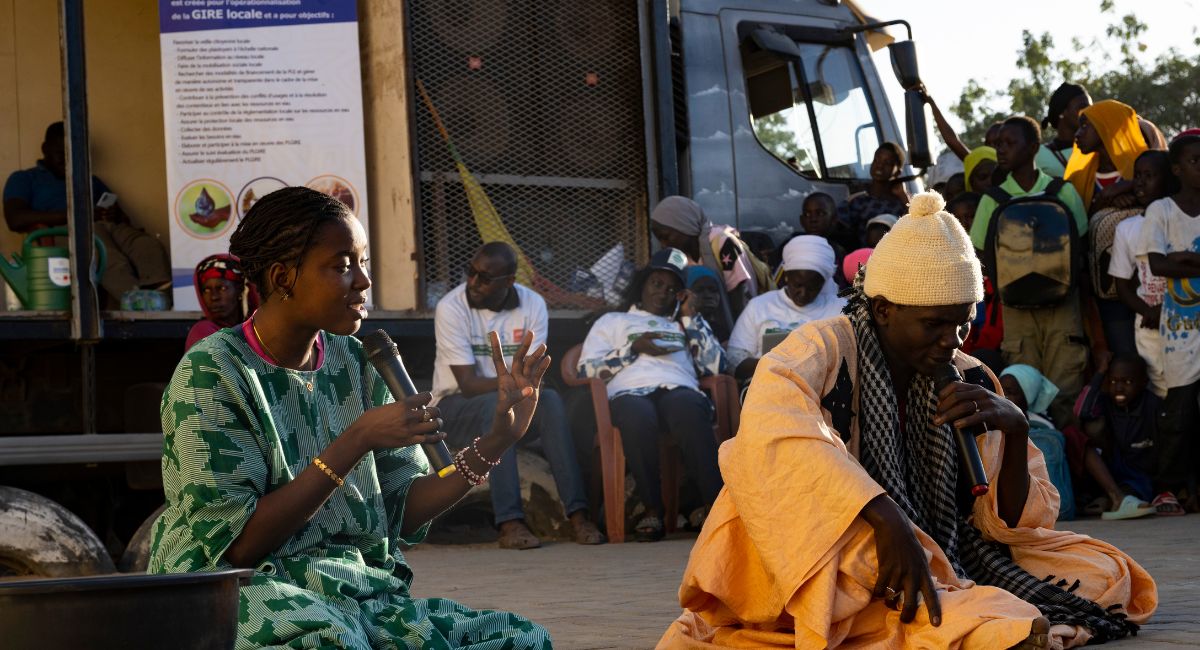On 29 and 30 August last, during GRET’s annual internal “Tropics” seminar, various key moments were organised, focusing on the issues of climate change and ecological transition. GRET’s experts and those from Cired and Agence française de développement presented an overview of the situation.
For several years now, the international scientific community has been raising public awareness on the subject of increasingly frequent devastating phenomena generated by climate change: rising temperatures, drought, severe flood-level increases, repetitive fires, decrease in biodiversity, etc. When it came to deciding on a theme for GRET’s annual internal seminar, the issue of climate change seemed an obvious choice. Having participated in climate strikes and demonstrations last spring in France, and through dedicated actions and reflection days in the field, the GRET teams decided to focus on this issue and make it the main subject of their 2019 “Tropics”.
Providing a welcome perspective
Through discussion of two recently published reports – the first by the International panel of experts on climate change (IPCC), the second by the Inter-governmental platform on biodiversity and ecosystemic services (IPBES) – participants reviewed the impacts of climate change and the challenges of ecological transition.
Judicaël Fétiveau, Natural resource management project manager with GRET, gave an overview of the consequences of climate change. He underlined the fact that climate change is a human-induced phenomenon and that loss of biodiversity is a consequence of changes in the use of land, over-exploitation of species, pollution and the spread of invasive species. While ecological and climate transition must take place in numerous areas (agrifood, energy, industry), it must also lead to policies on urban planning, transport and taxation, by putting a value on positive behaviour and a cost on negative behaviour. In light of this, various avenues of action can be envisaged, among which degrowth, or the achievement of a balance between ecological footprint and biocapacity.
Future challenges were also discussed, in particular by Christophe Cassen, scientific coordinator with Cired. Christopher spoke about the goal of maintaining global warming at 1.5 degrees, by looking at it from the perspective of the Sustainable Development Goals (SDGs). Actions undertaken by Agence française de développement (AFD) with regards ecological transition and preservation of biodiversity were described by Guillaume Chiron, head of AFD’s agriculture, rural development and biodiversity division.
Putting theory into practice!
GRET’s members were invited to participate in various workshops to reflect collectively on the responses they could provide through projects, and on solutions to be implemented to effectively reduce the organisation’s impact and ecological footprint.
These discussions enabled identification of the subjects on which GRET and its experts should focus with a view to significant action. Several possibilities were favoured: raising greater awareness among the teams, more efforts on saving energy, aim for better control when purchasing material, opt for second-hand equipment, and promote composting. A methodological tool aimed at anticipating the negative ecological impacts of projects was also presented. The latter would be used upstream of project implementation.
| A brief history of GRET’s actions relating to climate change In 2003, GRET started contributing to the debate on international mechanisms to fight against climate change and include these issues in projects. It created a team dedicated to monitoring negotiations and producing analyses for civil society. As part of Coordination SUD, GRET joined the Climate & Development Commission, which works on the links between climate change and development, and within which it coordinated the project to support the mobilisation of French NGOs for climate (Pamoc). Although certain teams were working from the outset on biodiversity and mitigation of climate change (management of protected areas, reforestation, promotion of renewable energies, energy efficiency, etc.), others focus on measures for adaptation (agroecology, preventing floods, etc.). In 2015, to prepare for COP21, a “Climate” work group focused on highlighting GRET’s experiences, initiating the organisation’s carbon footprint and conducting studies. In 2019, an “Environment” work group re-started reflections on the organisation’s ecological footprint together with the teams in Madagascar and Senegal, which led to the organisation of this “Tropics” seminar. |





